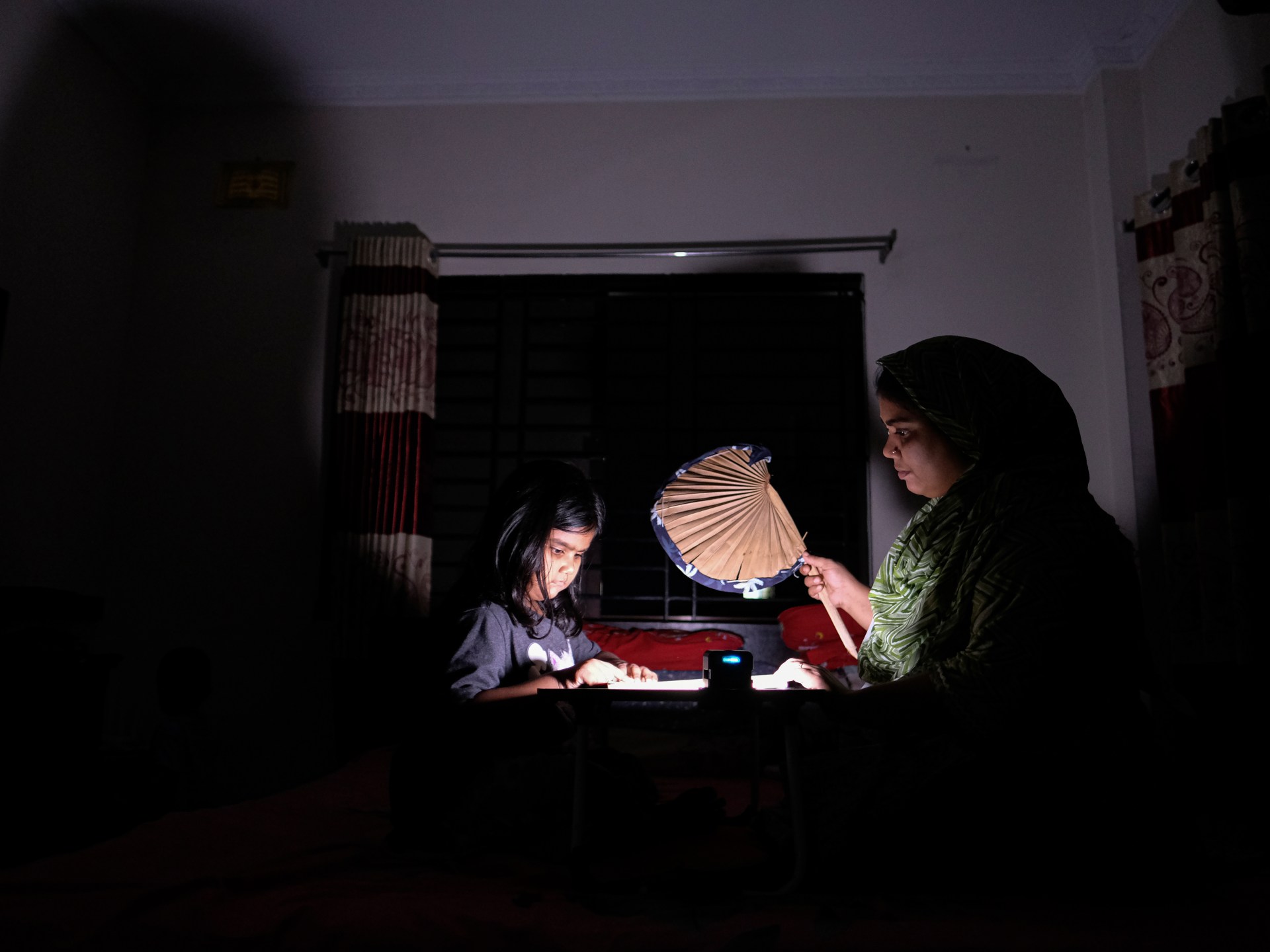State aid: Commission approves €450 million German measure to replace electricity generation amid Russian natural gas shortages
The European Commission has approved, under EU State aid rules, a temporary German measure to enable five lignite-fired power plants to be on stand-by and ready to be activated to the extent needed in the event of natural gas shortages. The measure will compensate the operators of the power plants for the costs of getting the plants ready to operate if needed. The measure, under which aid may be provided until 31 March 2024 at the latest, will contribute to safeguarding natural gas availability amidst Russian natural gas shortages in the context of Russia's war against Ukraine.
Executive Vice-President Margrethe
Vestager, in charge of competition policy, said:
“This temporary measure will enable Germany to mitigate the economic impact of Putin's war against Ukraine, as it will contribute to replacing gas in the event of shortage, thereby enhancing our preparedness for the next winter.”
The German measure
Germany notified the Commission its plan to adopt a measure, with an estimated budget of €450 million, to establish a temporary lignite supply reserve, consisting of five lignite-fired power plants that are currently deactivated, and compensate the plant operators for the costs incurred in ensuring the plants are operational and ready to return to the market in case of need. The operators will not receive compensation for the time they are operating the plants, as at that moment they will be participating in the market and will be earning revenues. The aim of the measure is to save natural gas by providing the German and, more generally, the European electricity system with additional generation capacity in the short-term in order to replace electricity generation from Russian natural gas.
Under the measure, the five power plants will be transferred into a temporary lignite supply reserve for the period between 1 October 2022 and 31 March 2024. Germany will also compensate the two affected operators, Lausitz Energie Kraftwerke AG and RWE AG, for the necessary costs incurred to ensure the plants are operational and ready to return to the market.
In case of risk of natural gas shortage, the five plants in the reserve would be called and could enter the electricity market for a certain period of time, where they would participate like any other electricity generator. The permission to operate in the market would be given initially for a limited period, at maximum until June 2023, but could be prolonged by the German authorities until end March 2024, in case of need. For the proven necessary reactivation and standby of these plants, the plant operators would be compensated, which would however be set off against the profits made on the market for the time they would operate.
The Commission's assessment
The Commission assessed the measure under EU State aid rules, in particular
Article 107(3)(b) Treaty on the Functioning of the European Union, which allows Member States to grant aid to specific companies or sectors to remedy a serious disturbance in a Member State's economy. The Commission found that:
- The aid has a limited impact on competition and trade within the EU. In particular, it is appropriate and necessary to remedy a serious disturbance in the economy of a Member State (i.e. risk of gas shortage) by enhancing preparedness for next winter.
- The measure is proportionate as it will only cover those costs that are necessary to enable the plants to operate until the end of March 2024 if needed. Moreover, necessary safeguards limiting the aid to the minimum necessary will be in place, including a settlement mechanism to ensure that the costs actually incurred by the operators are offset against the profits that they had made when operating the plants. Therefore, any potential overcompensation of the beneficiaries is excluded.
- The aid is limited in time as it will only apply until 31 March 2024 at the latest.
On this basis, the Commission approved the German measure under EU State aid rules.
Background
EU State aid rules allow Member States to grant aid to remedy a serious disturbance in the economy of a Member State.
On 20 July 2022 the Commission issued its
Communication "Save gas for a safe winter", which highlights the need to take action now to save natural gas as it can reduce both the risk and the costs for Europe in case of further or full disruption of natural gas supply, strengthening European energy resilience. In the Communication, the Commission stressed that: “
All efforts across Member States, in power generation, industries and households, should first focus on substitution possibilities that would enable to shift away from the use of natural gas, while always bearing in mind the trade-offs such choices may imply, as for instance, when (re-)introducing for example coal into the mix, even on a temporary basis. The priority is to switch fuels towards clean energy sources, wherever technically feasible, in a timely and cost-effective manner. […]
Natural gas substitution possibilities towards more carbon-intensive sources such as diesel or coal, will need to be temporarily deployed as well, with the necessary environmental safeguard clauses, where no other cleaner solutions are possible. To this end, time-limited fuel switching possibilities can be supported at the EU and Member State levels.”
The five lignite-fired power plants that will be transferred into the temporary lignite supply reserve are currently deactivated, in line with the
Commission decision of
27 May 2016. Three of such lignite-fired power plants were closed in 2018 and the other two in 2019. They will be only called upon in extreme emergency situations, i.e. after all market-based, emergency and other reserve measures have been applied. These five plants will be permanently decommissioned at the end of the temporary lignite supply reserve (end March 2024).
The non-confidential version of the decision will be made available under the case number SA.103662 in the
State aid register on the Commission's
competition website once any confidentiality issues have been resolved. New publications of State aid decisions on the internet and in the Official Journal are listed in the
Competition Weekly e-News.


 )
)
